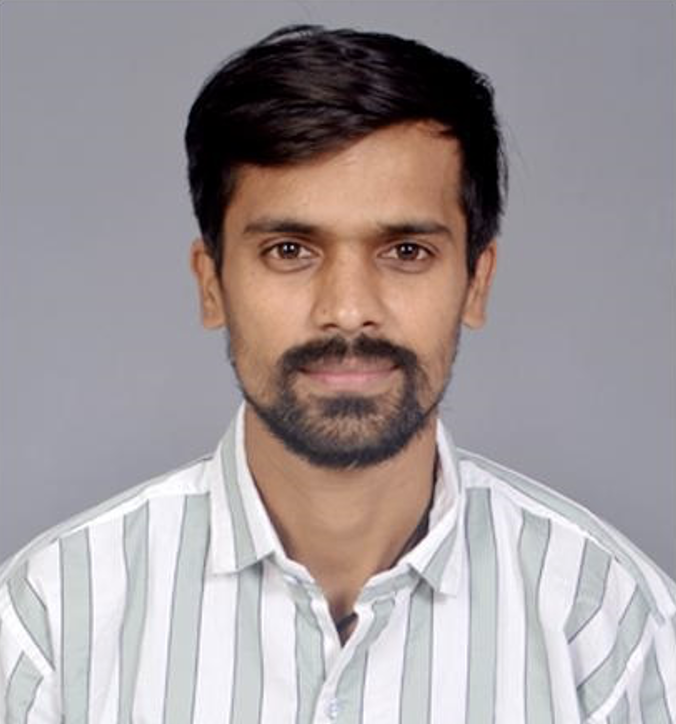We are currently in an era where various computing paradigms, including cloud computing, edge computing, and fog computing, have revolutionized the way we use computers. In these paradigms, efficient job scheduling is of paramount importance for resource management. Traditional job scheduling methods are often inadequate due to the unique challenges posed by these new computing paradigms. This research paper introduces an enhanced approach to job scheduling, with the central innovation being the prediction of the optimal node for scheduling tasks using artificial neural networks. This paper also explores various job scheduling approaches with NV (Need Vector), SV (Scheduling Vector), CAV (Current Availability Vector) in proposed methodology, and focuses on optimized prediction for job scheduling. One of the most significant problems in the cloud computing environment is task scheduling because it has a major impact on cloud performance. There are many kinds of scheduling algorithms. Static scheduling techniques are good for small- to medium-sized cloud computing environments, whereas dynamic scheduling algorithms are better suited for larger cloud computing settings. This research paper produces a study of various job scheduling methods and various computing paradigms. Artificial neural network is very useful in analysis and node prediction with the primary objective to predict the best node for job scheduling in diverse computing paradigms, ensuring fairness and optimal resource utilization without sacrificing accuracy. The research findings are presented through an architectural diagram illustrating the artificial neural network’s structure and its integration into the job scheduling process.

3.88 $
Devendra Parmar is a PhD candidate in Computer Science and Engineering at Parul University, where he is an Assistant Professor in the Computer Science and Engineering Department and an Institute Exam...
View all postsDr. Swapnil M Parikh is a Professor in the Computer Science and Engineering Department and Principal at Parul Institute of Technology, Parul University. He has also been Associate Dean, Doctoral Studi...
View all posts





Peer-reviewed academic research platform dedicated to scholarly research by researchers, practitioners, and students worldwide. Explore, collaborate, and share insights to enrich knowledge and enhance professional practices for a global impact
Copyright © 2025 by JOISS Research. All Rights Reserved.
Website Design & Developed By UML Digital
Copyright © 2024 by JOISS Research. All Rights Reserved.
Website Design & Developed By UML Digital